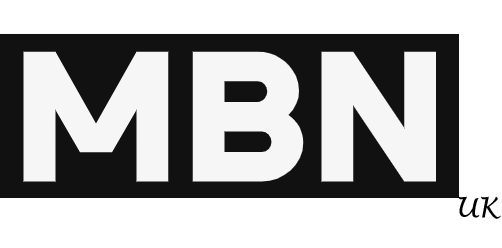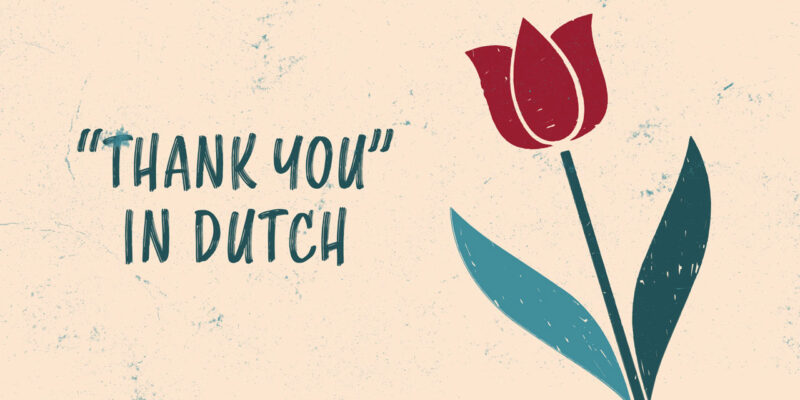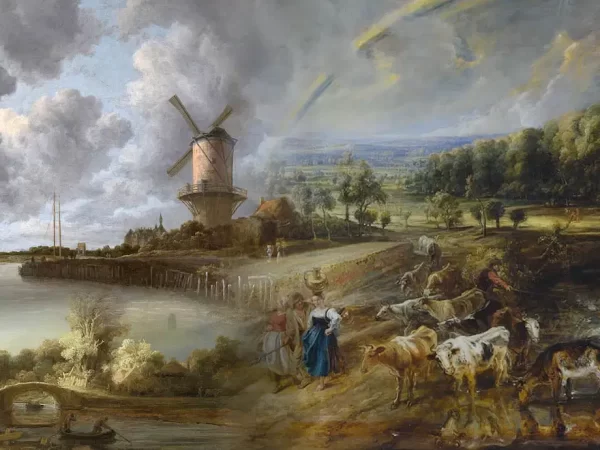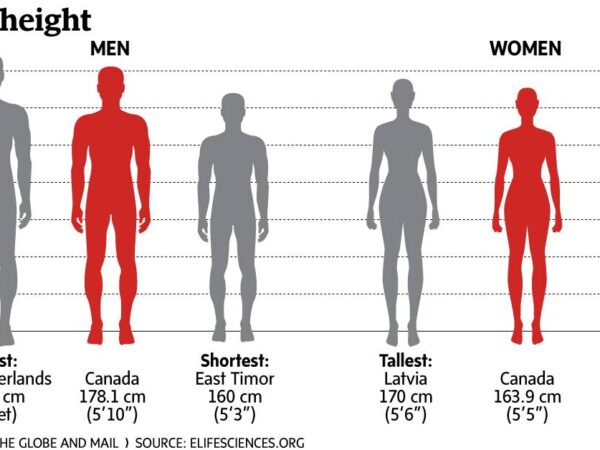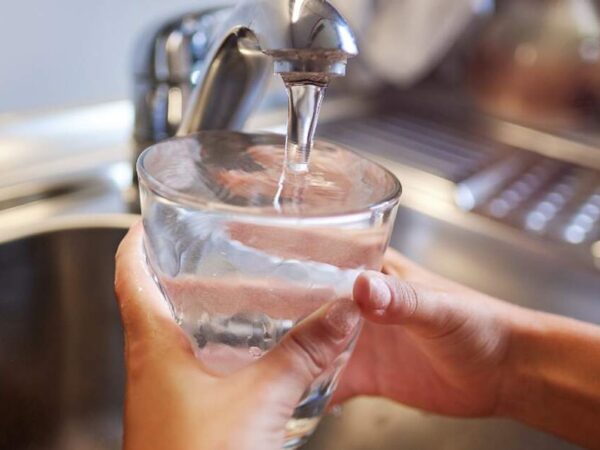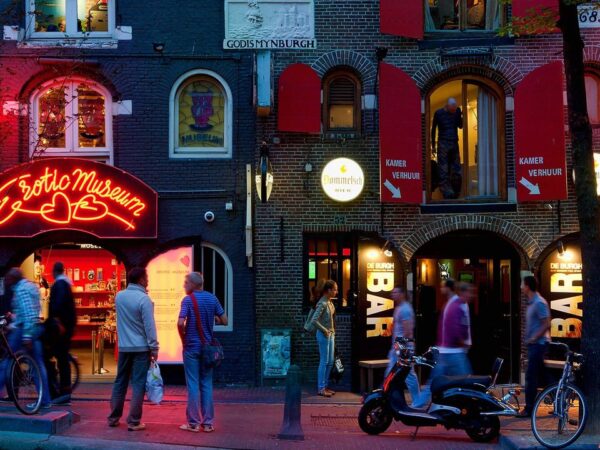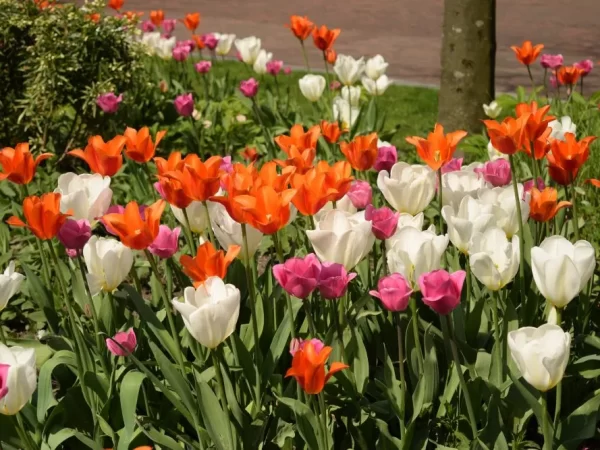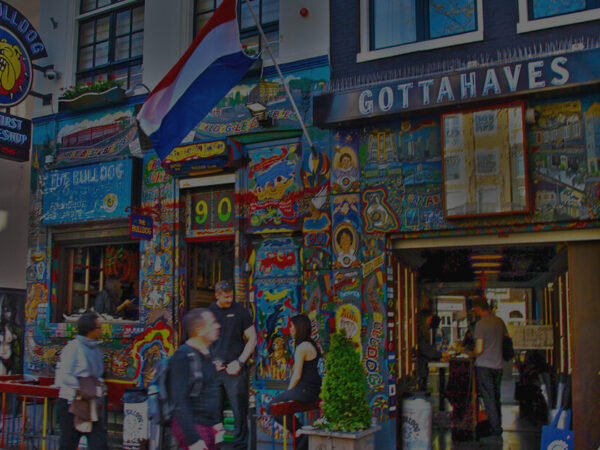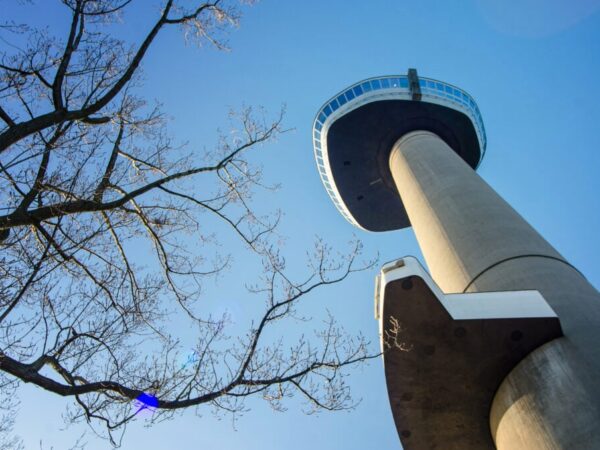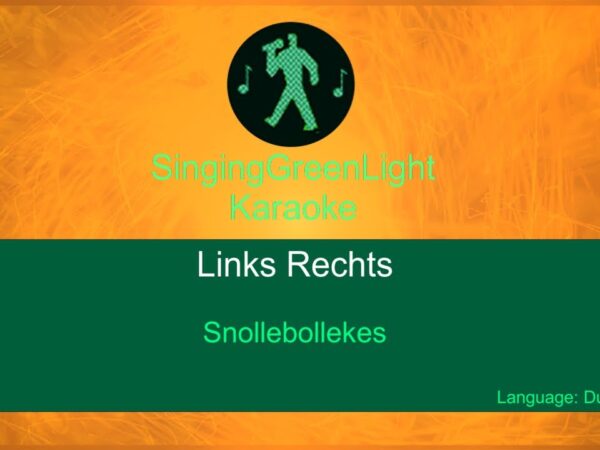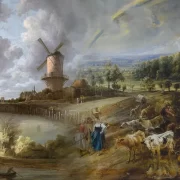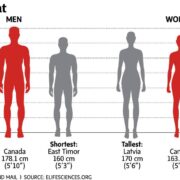In this article, we will walk you through how to say thank you in Dutch using 7 polite phrases. Each phrase has its context, and we’ll explain when and how to use them. Additionally, we’ll explore some cultural nuances behind saying thank you in the Netherlands, offer tips to practice, and share common mistakes to avoid. Let’s dive into the delightful world of Dutch expressions of gratitude!
How to Say Thank You in Dutch: The Basics of “Dank je”
The simplest and most common way to say thank you in Dutch is “Dank je.” This phrase translates directly to “thank you” and is widely used in informal settings. If you’re thanking a friend, colleague, or someone you’re on casual terms with, “Dank je” is perfect. It’s short, easy to remember, and shows appreciation without being too formal.
– When to use it: Informal settings, casual conversations, or when receiving small favors or help.
– Example: When someone holds the door open for you, simply say, “Dank je!”
How to Say Thank You in Dutch: The Formal Version “Dank u”
In more formal situations, how to say thankyou in Dutch changes slightly. Instead of “Dank je,” you use “Dank u.” This is the polite version, which you would say to someone you don’t know well, an older person, or in formal settings like business meetings.
– When to use it: Formal events, addressing elders or strangers, and professional settings.
– Example: If a hotel concierge helps you with your luggage, “Dank u” is appropriate.
How to Say Thank You in Dutch: Adding Emphasis with “Heel Erg Bedankt”
For moments when you want to express more heartfelt gratitude, how to say thankyou in Dutch intensifies with “Heel erg bedankt,” which translates to “Thank you very much.” This phrase emphasizes your appreciation and can be used when someone goes out of their way to assist you.
– When to use it: Situations where the favor or assistance was significant or greatly appreciated.
– Example: If a friend helps you move into a new apartment, saying “Heel erg bedankt” conveys deep gratitude.
How to Say Thank You in Dutch: Informal Appreciation with “Bedankt”
“Bedankt” is another casual way to say thank you in Dutch. Similar to “Dank je,” it can be used in informal situations, but it carries a bit more weight. It’s a bit like saying “Thanks” instead of “Thank you.”
– When to use it: Casual yet appreciative interactions where you want to express a little more gratitude than just “Dank je.”
– Example: After a dinner party, saying “Bedankt voor het eten” (Thanks for the meal) shows gratitude in a friendly manner.
How to Say Thank You in Dutch: “Hartelijk Dank” for Formal Occasions
When it comes to formal or ceremonial situations, how to say thankyou in Dutch takes on an even more polite tone with “Hartelijk dank,” which translates to “Sincere thanks.” This phrase is ideal for formal letters, speeches, or any occasion that calls for elevated language.
– When to use it: Writing formal thank you notes, business correspondence, or thanking a large group of people.
– Example: If you’re speaking at a formal event, you might say, “Hartelijk dank voor uw aandacht” (Sincere thanks for your attention).
How to Say Thank You in Dutch: Expressing Extreme Gratitude with “Ontzettend Bedankt”
When someone has gone above and beyond, how to say thankyou in Dutch escalates with “Ontzettend bedankt.” This means “immensely thank you” and conveys an extra layer of appreciation. It’s similar to saying “Thank you so much” in English.
– When to use it: When someone does something very generous or helpful.
– Example: After a friend lends you their car for a week, you might say, “Ontzettend bedankt voor je hulp!” (Immensely thank you for your help!)
How to Say Thank You in Dutch: “Dank je wel” as a Versatile Option
One of the most versatile ways to say thank you in Dutch is “Dank je wel.” It is used in both formal and informal settings, depending on the tone and context. This phrase is slightly more formal than “Dank je,” but not as heavy as “Hartelijk dank.”
– When to use it: A wide range of settings, from casual to semi-formal.
– Example: When someone gives you a gift, “Dank je wel” is an ideal response.
How to Say Thank You in Dutch: “Bedankt voor alles” for Special Occasions
When thanking someone for a variety of things or an extended favor, how to say thankyou in Dutch evolves into “Bedankt voor alles” (Thank you for everything). This phrase is perfect for situations where you’ve received continuous support or multiple favors over time.
– When to use it: Special occasions, long-term assistance, or when expressing appreciation for multiple acts of kindness.
– Example: After a friend hosts you for a week-long stay, you might say, “Bedankt voor alles.”
How to Say Thank You in Dutch: Being Creative with “Ik ben je dankbaar”
If you want to express deep personal gratitude, learning how to say thank you in Dutch with the phrase “Ik ben je dankbaar” (I am grateful to you) can add a unique and sincere touch. This is more intimate and is typically used with close friends or family.
– When to use it: Personal and emotional situations where you want to express heartfelt gratitude.
– Example: After a close friend supports you during a difficult time, saying “Ik ben je dankbaar” shows how much you appreciate them.
How to Say Thank You in Dutch: Cultural Tips for Practicing Gratitude
In the Netherlands, expressing gratitude is common, but not as effusive as in some other cultures. When learning how to say thank you in Dutch, it’s important to understand that Dutch people value sincerity and brevity. Over-the-top expressions of thanks might feel out of place in Dutch culture, where being direct and genuine is appreciated.
Conclusion
Knowing how to say thank you in Dutch is a valuable skill that can enhance your interactions with Dutch speakers and deepen your cultural understanding. Whether you’re thanking someone in a casual conversation or at a formal event, these seven polite phrases will help you navigate various situations with ease. Remember, the key to effective gratitude in Dutch is sincerity and context, so choose your phrase carefully and always express your thanks from the heart.
FAQs
Q1. How do you say a simple thank you in Dutch?
The simplest way to say thank you in Dutch is “Dank je,” which is used in informal settings.
Q2. What’s the formal way to say thank you in Dutch?
For formal occasions, “Dank u” is the appropriate way to say thank you in Dutch.
Q3. Can I use “Dank je wel” in both formal and informal settings?
Yes, “Dank je wel” is a versatile phrase that can be used in both casual and semi-formal situations.
Q4. How do I express deep gratitude in Dutch?
To express deep gratitude, you can say “Heel erg bedankt” or “Ontzettend bedankt.”
Q5. Is there a specific cultural etiquette when saying thank you in Dutch?
Yes, Dutch people appreciate directness and sincerity. Avoid overly exaggerated thanks and keep your expression of gratitude genuine.
Also read: Mary Berry Butterfly Cakes: 10 Creative Twists for Stunning Results
